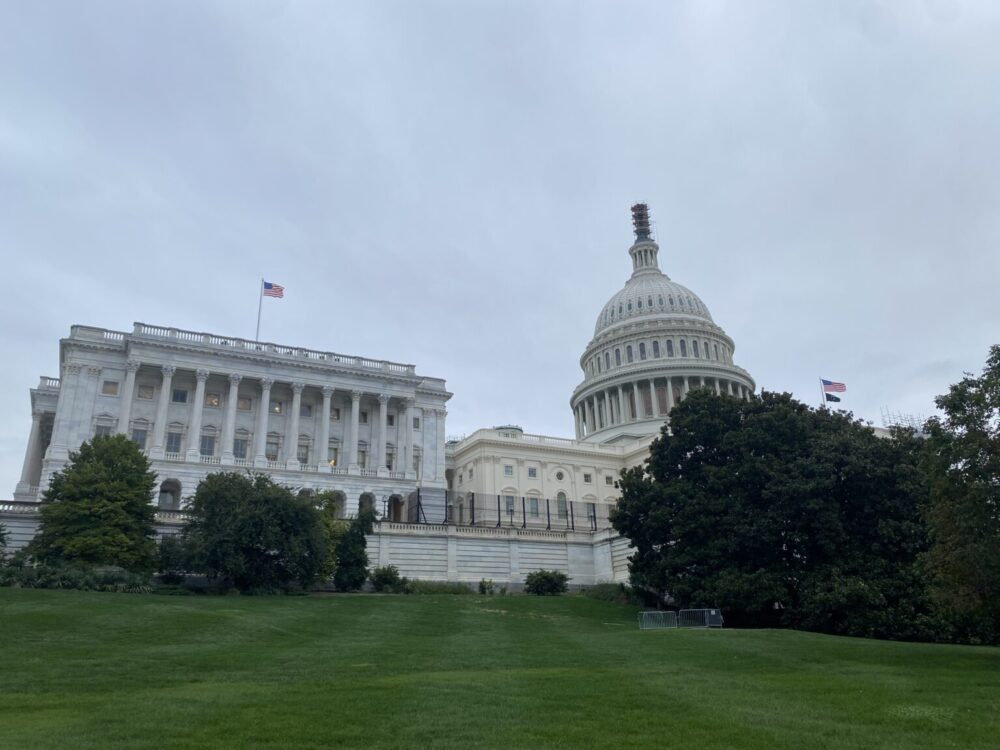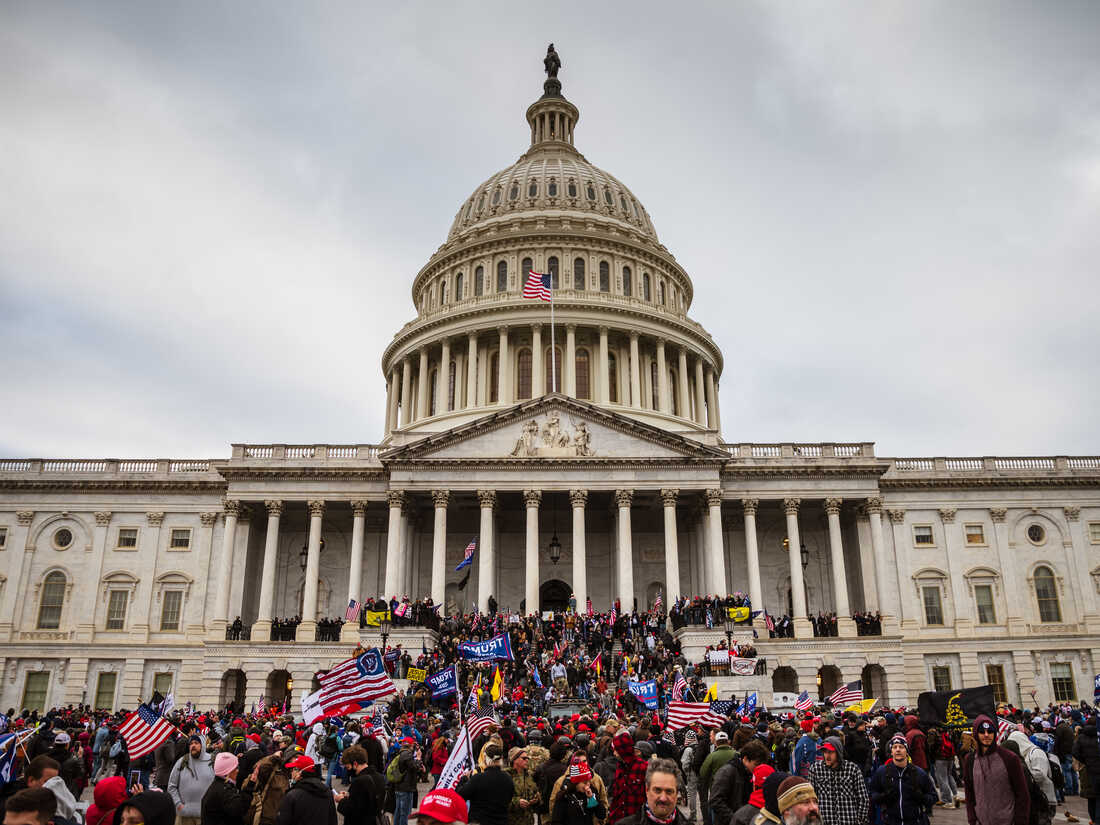Senate’s Push for Defense Spending Increase Faces Firm House Republican Opposition
Intra-Party Discord Reflects Deep Divisions Over Fiscal Policy and Spending Priorities
According to The Washington Times, in a recent development on Capitol Hill House Republicans have staunchly opposed a Senate proposal to renegotiate last year’s budget deal which aimed to allocate an additional $25 billion toward national security. The Senate’s defense hawks argued for this increase citing the urgent need to bolster military capabilities in response to escalating global tensions and the economic strain caused by inflation. However, House Republicans guided by leaders like Rep. Nick LaLota and Appropriations Chair Tom Cole have maintained their commitment to existing budget caps. They argue that adhering to these caps is crucial for fiscal discipline and have prioritized reducing nondefense spending rather than reopening negotiations on overall spending levels.
The debate within the GOP highlights significant divisions over fiscal policy. While some House appropriators sympathize with the need for heightened defense spending to address contemporary global challenges others insist on strict adherence to the budgetary constraints outlined in the previous year’s legislation. This internal discord complicates efforts to present a unified front on budget matters reflecting broader ideological differences within the party regarding government spending priorities and fiscal responsibility.
READ ALSO: Walmart’s Tech Revolution: Walmart CEO Promises To Help People Better With 4 Big Changes

$25 Billion Stalemate: Senate’s National Security Boost Fails to Find Traction on Capitol Hill as House Republicans Stick to Budget Caps! (PHOTO: Iowa Capital Dispatch)
Senate Democrats Stand Firm Against Unbalanced Defense Spending Increase
Meanwhile Senate Democrats have opposed any unilateral increase in defense spending that is not accompanied by proportional increases in domestic program funding. Their stance further complicates prospects for bipartisan consensus on the budget as both chambers navigate competing priorities and attempt to forge a compromise that adequately addresses national security needs without compromising other critical areas of public expenditure. As the standoff persists pressures mount on lawmakers to bridge their divergent views and find common ground that ensures national security readiness while maintaining fiscal stability and addressing broader economic challenges facing the country.
READ ALSO: Act Now: Bleacher Report Class Action Settlement Offers $4.8M – File By August 23

















































